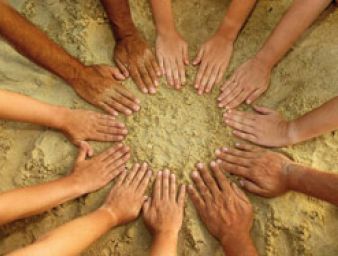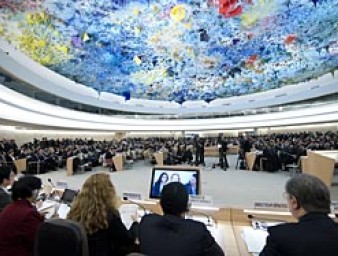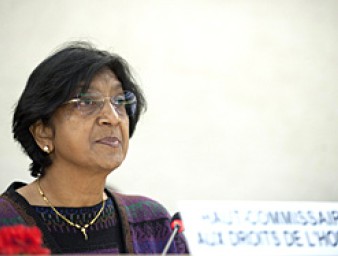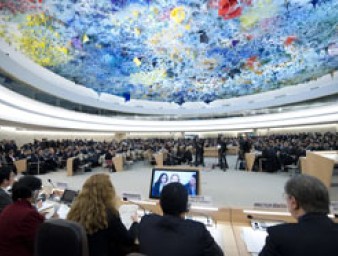Human Rights Council holds its 19th session
23 February 2012
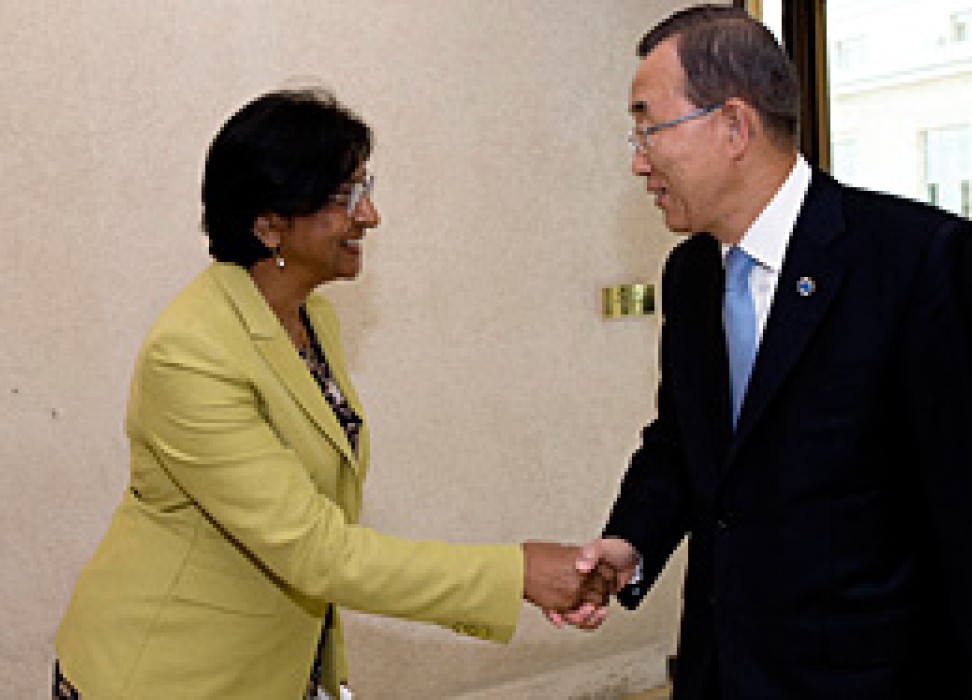
The right to adequate housing, social and cultural rights, minority rights, sexual orientation and gender identity, the right to food, freedom of expression, juvenile justice: these are just some of the many human rights issues to be spotlighted at the upcoming session of the Human Rights Council, which will take place in Geneva from 27 February to 23 March 2012.
Ministers and delegates from Governments will address dozens of human rights issues during the month-long meeting through interactive discussions, general debates, panel discussions, and presentation of reports from various human rights independent experts.
The situation of human rights in several countries will also figure high on the Council’s agenda. Countries that will be featured, to name a few, include Iran, Myanmar, Côte d’Ivoire, Libya and Syria.
During the session, over 80 reports will be discussed, many of which come from the independent human rights experts appointed by the Council. The experts are called Special Procedures mandate holders and their mandates cover either human rights situations in specific countries or particular human rights violations wherever they occur.
Some 90 Ministers and other high-level dignitaries will also address the human rights body during its annual high-level segment, which takes place during the first week of the session. This segment provides an opportunity for States representatives to present national human rights policies and practices and also discuss other situations of human rights around the globe.
The meeting will also provide an opportunity for national delegations, non-governmental organizations and UN entities to host a series of side events on a variety of human rights issues in parallel to the main Council sessions.
Additionally, nine interactive panel discussions (PDF file) covering a broad range of issues related to human rights will also be organized. These panels will focus, for instance, on the relation between sport and human rights, freedom of expression on the Internet and discriminatory practices in connection with sexual orientation and gender identity, and integration of human rights in all UN activities.
During this session, the first cycle of the Universal Periodic Review (UPR) will be officially over, after having assessed the human rights records of all 193 UN Member States.
Before concluding its session, Council members are expected to adopt a number of resolutions and decisions requiring its further attention and action.
The Human Rights Council is an inter-governmental body within the UN system made up of 47 States responsible for strengthening the promotion and protection of human rights around the globe. The Council was created by the UN General Assembly on 15 March 2006 with the main purpose of addressing situations of human rights violations and make recommendations on them. It meets three times a year but may convene for special sessions to address specific human rights issues or situations of concern.
23 February 2012
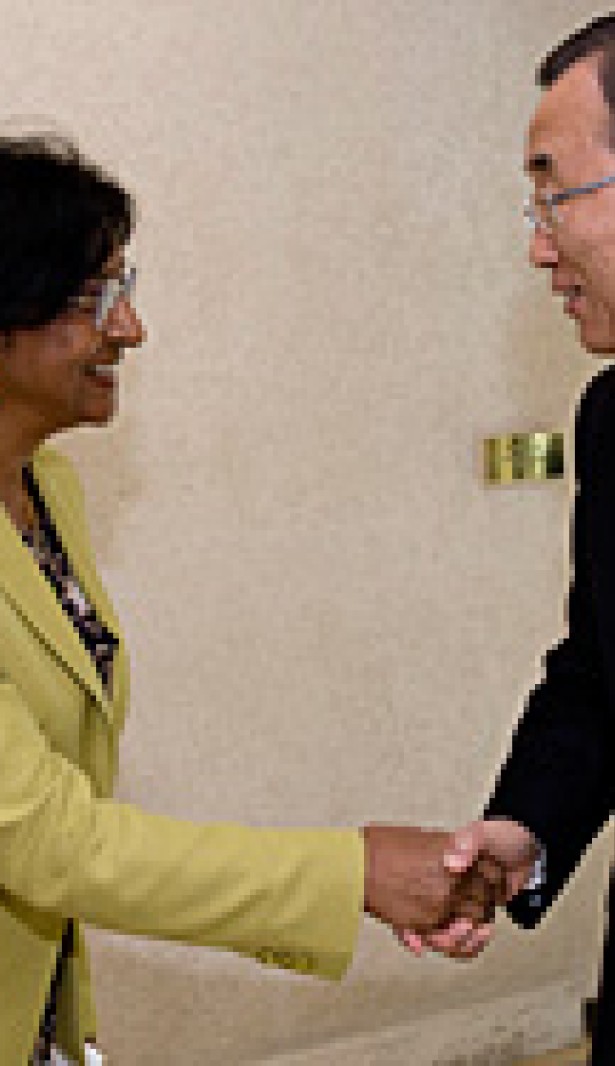
VIEW THIS PAGE IN:
